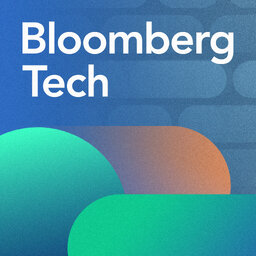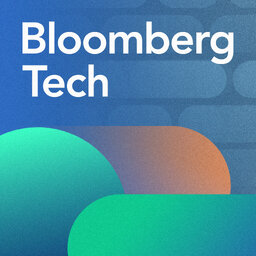Apple's Product Launch and Google's Antitrust Challenge
Bloomberg's Caroline Hyde and Ed Ludlow bring full coverage of Apple's product launch from Apple Park as the company faces internal chip delays, restrictions in China and a shifting supply chain. Plus, a look at Google's biggest antitrust challenge yet.
 Bloomberg Tech
Bloomberg Tech


